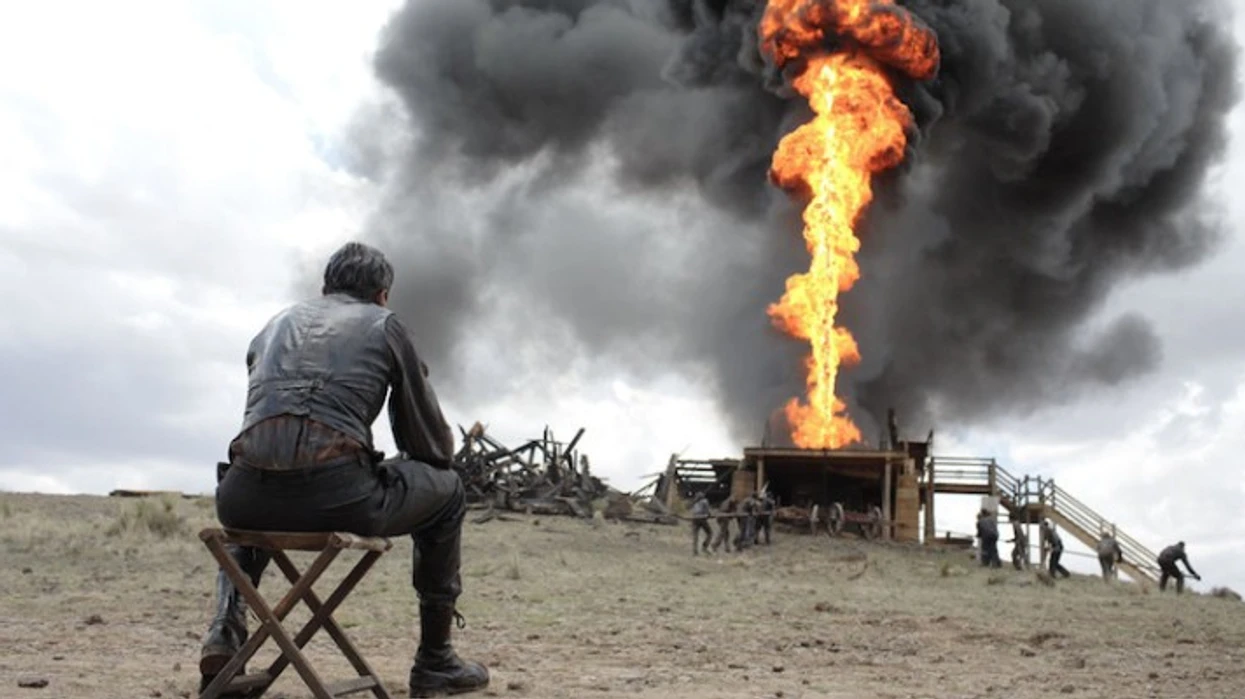-
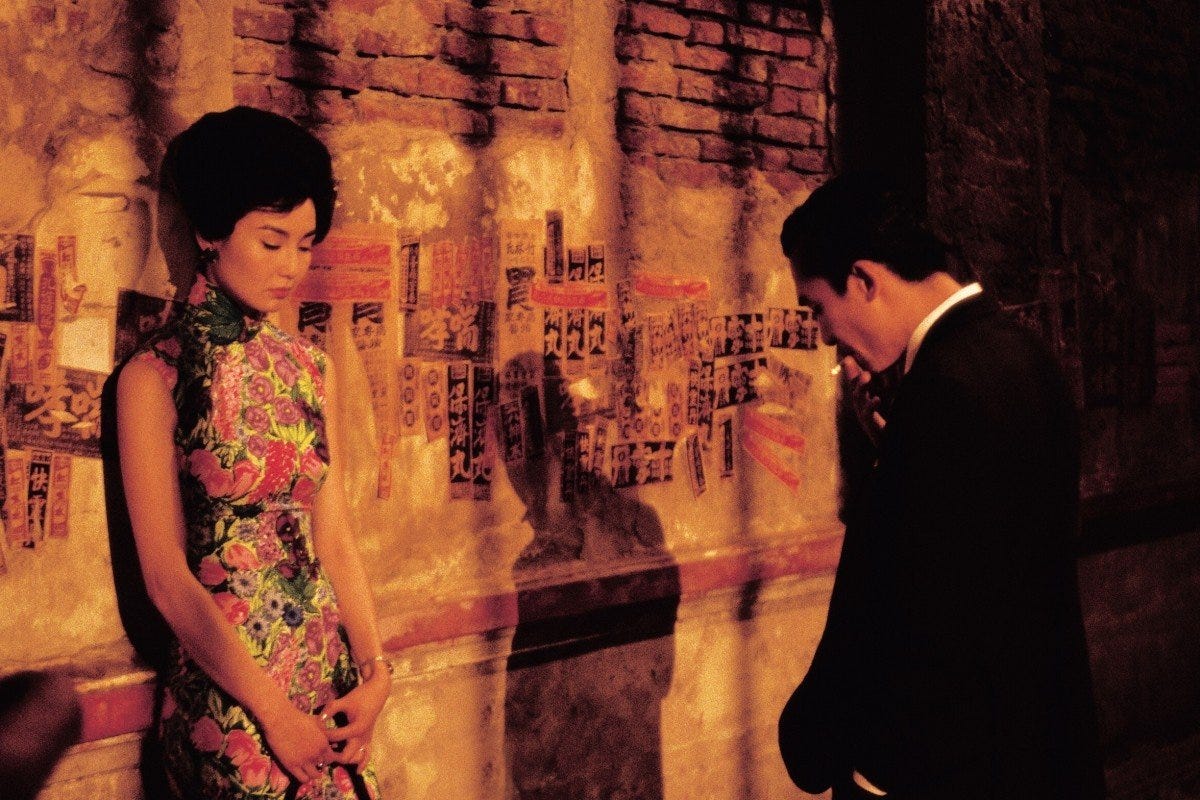
The Best Films of the 2000s Decade
The greatest films of the 2000s, from the Korean New Wave to the resurgence of the fantasy genre.
-
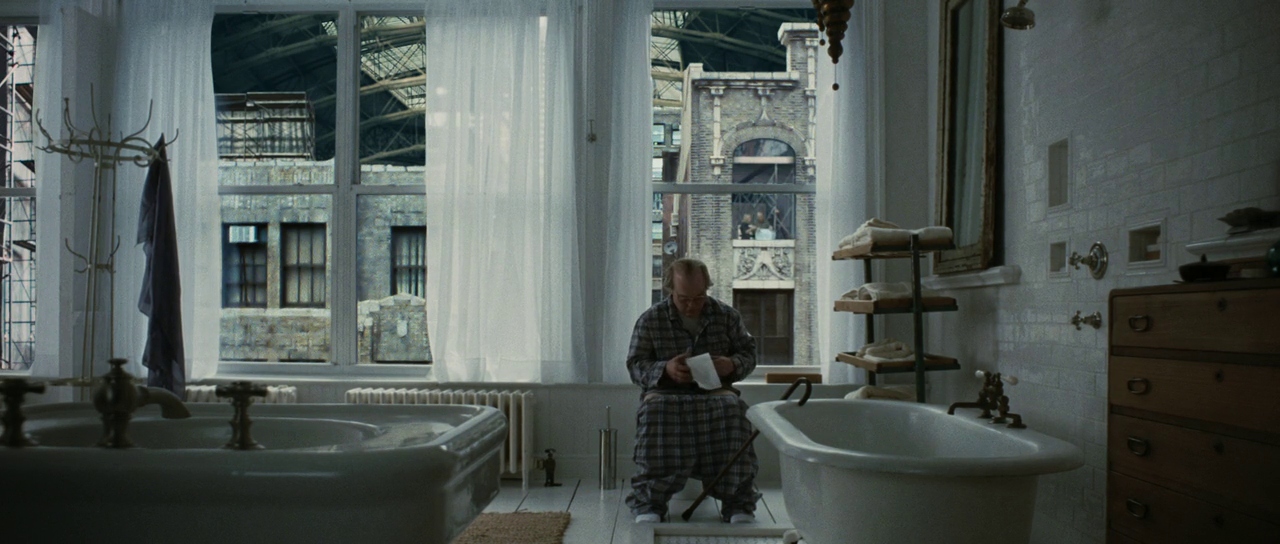
Synecdoche, New York (2008)
The formal ambition on display in Synecdoche, New York’s existential, postmodern allegory is equal parts staggering and confounding, transporting us into an absurdist meta-reality that gradually reveals the narcissistic insanity of Charlie Kaufman’s self-obsessed theatre director, and his exponentially sprawling vision of bloated artistic ego.
-
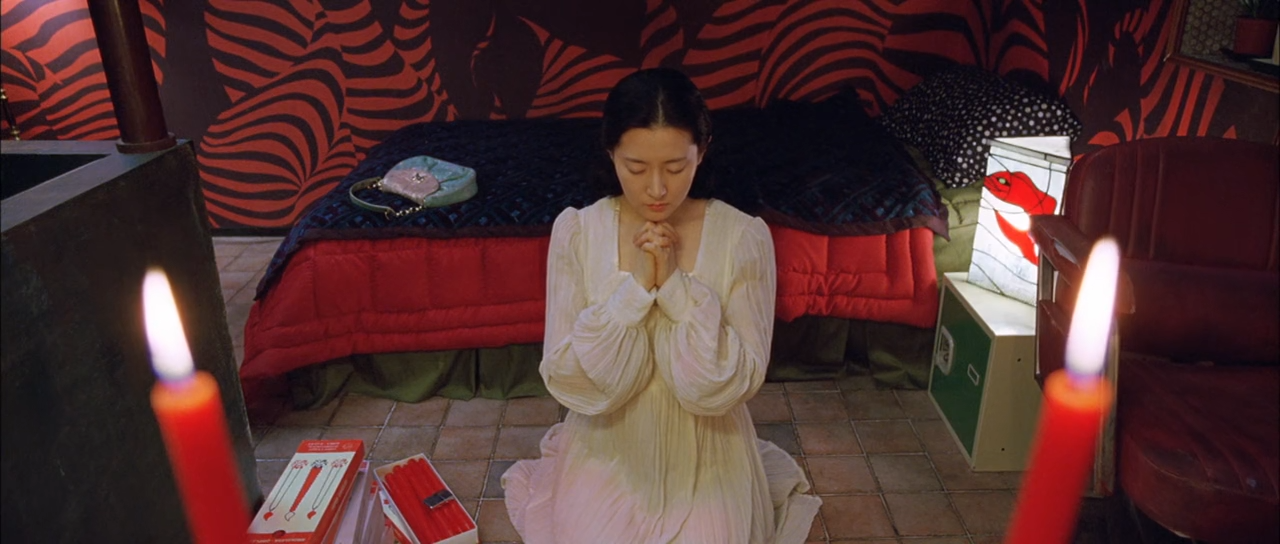
Lady Vengeance (2005)
The loss of innocence is no small tragedy in Lady Vengeance, and yet there is an elegant restraint to one ex-convict’s retribution against the serial killer who groomed and framed her, further drawn through Park Chan-wook’s stylish aesthetic as he considers the destructive co-dependency of purity and corruption.
-
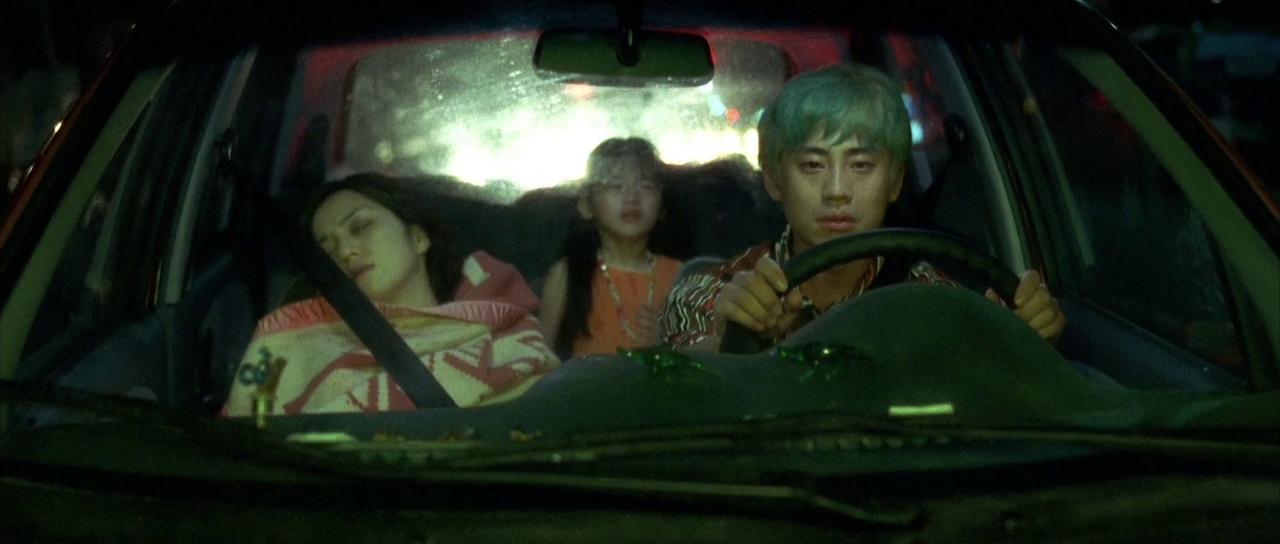
Sympathy for Mr. Vengeance (2002)
Violent retribution is not a solution in Sympathy for Mr. Vengeance, but an endless chain of wounded victims seeking mutually assured destruction, delineated with cool precision in Park Chan-wook’s murky green palette, measured pacing, and formal mirroring of two parallel men on futile quests for justice.
-

4 Months, 3 Weeks and 2 Days (2007)
Leading the peak of the Romanian New Wave, Cristian Mungiu turns his government’s historic oppression into the pervasive, unseen antagonist of 4 Months, 3 Weeks and 2 Days, haunting the dangerous attempts of two women to secure an illegal abortion with a passive cruelty that lingers in long takes, and holds us in its tight,…
-

Atonement (2007)
Whether Briony could ever find genuine redemption after irreparably destroying the lives of two lovers is the provocative question that she may never get an answer to, and in Joe Wright’s impressionistic camerawork and ever-shifting structure, we too find it eerily winding its way through Atonement’s formal puzzle of lies, truths, and alternate perspectives.
-

Avatar (2009)
Avatar may not be James Cameron’s most consistently flawless work, but it is certainly at least his most purely ambitious, using innovative digital technology to serve his incredible visual artistry and immersive worldbuilding, both of which place this rich, ecological allegory among the most monumental achievements of genre filmmaking.

